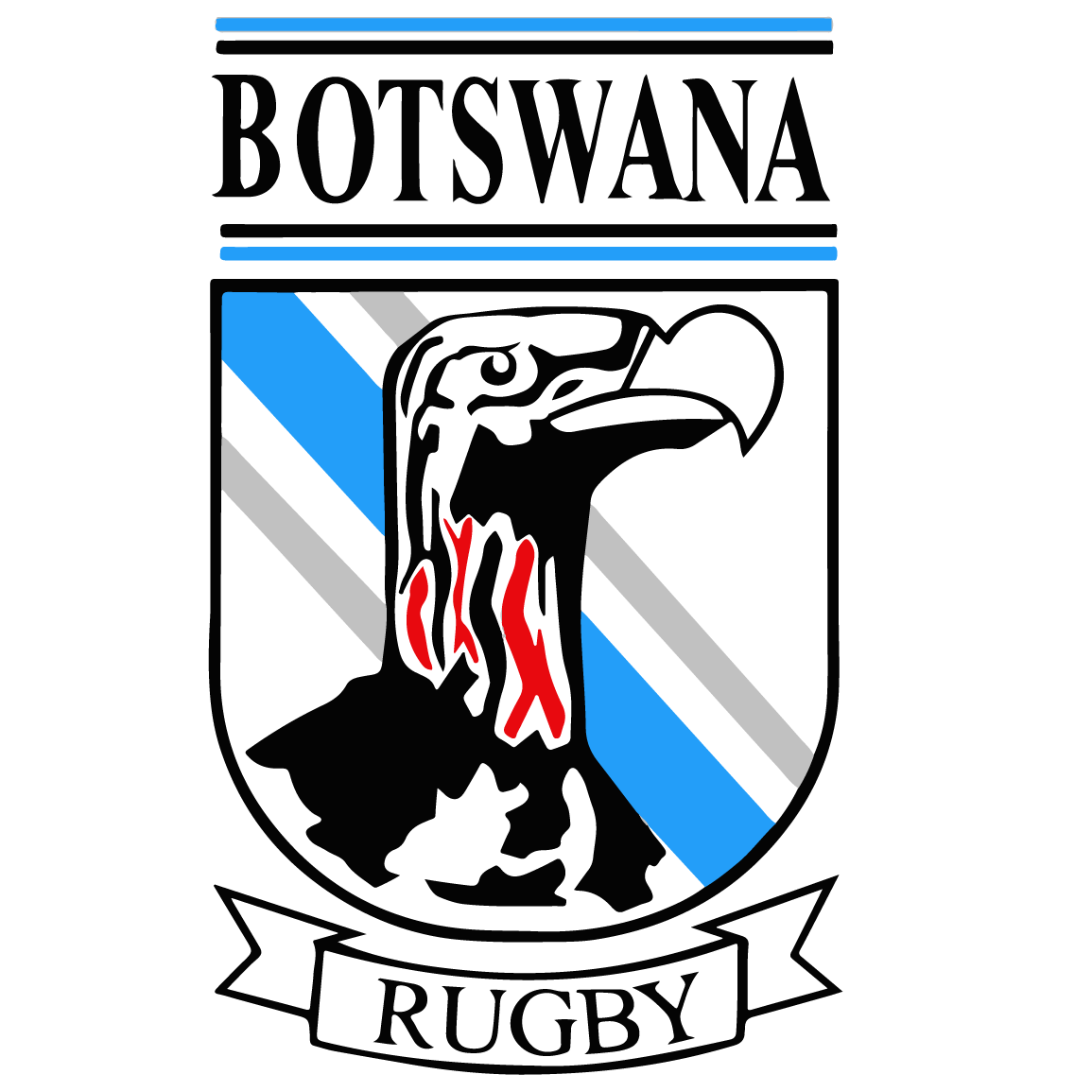The purpose of technology is to reduce the amount of effort used to achieve a goal. When it comes to rugby, that goal is enjoyment. Enjoyment for the players and enjoyment for the fans.
Track your Advantage
“Fitness is the key to enjoying rugby”.

We all like to watch feats of physical prowess. It is one of the main reasons we love rugby. When we see Richie McCaw make a run at breakneck speed, tackle, and win the ball under pressure, we cheer. We cheer because, we want to see people do things that we did not think were possible.
Technology allows us to track our efforts. By tracking our effort we can build the capability to perform at levels we did not think we were capable of. Science has many theories about how to get to that level, but what they all share is measuring and tracking.
It is truly incredible how much we can track with technology in rugby. Heart rate, blood pressure, injury, sickness, and concussion risk can all be tracked and measured. The data can then be harnessed by rugby clubs to get the best our of their players, and players the best experience in the game.
Stay Appy
There are several apps that supply training plans and tracking solutions for rugby. Personally, I use a running and body weight app to make sure that specific targets are met (I measure unbroken burpees and 5k time for fitness). However, I want to discuss an option that clubs and players can use beyond basic individual development in the game.

Most people are aware of the small limps in the nape of most professional rugby player jerseys. In there is a GPS system that tracks the amount of running that a player does and allows coaches to pinpoint the positions and movements during any given passage of play. Recently, with the much-needed focus on concussion safety, these devices have been configured to measure the G-Forces. G-forces the force of gravity or acceleration on a body. This measure can help doctors understand just how much strain a player has been through, and make sure that those are kept within ranges of safety. These devices have also been used during practice and help sports scientist track physical strain. This helps us understand if a player has been overexerting themselves physically and need a rest.
These devices can be configured at a team, or club level to ensure that all players are meeting training metrics. It will also allow players to share their details for fitness or training competitions during the off-season. I have often heard the saying, that fitness is not built during practice, but in the hours in between. This allows coaches to hold players accountable for what they do outside the precious minutes that are spent on the field.
Technology is changing rugby
Technology is offering several solutions to make the players, fans, and coaches experiences safer and more efficient. While it will not decide the score, we need to harness technology to perform automatable tasks and allow everybody in the game to focus on what will give them the most enjoyment.
I look forward to the increasing affordability and acceptance of technology in rugby. It will help all rugby players perform better, help fans appreciate the game better, reduce the risk to the players and make the game more accessible to world, which is one of our values and goals in the rugby community.


















